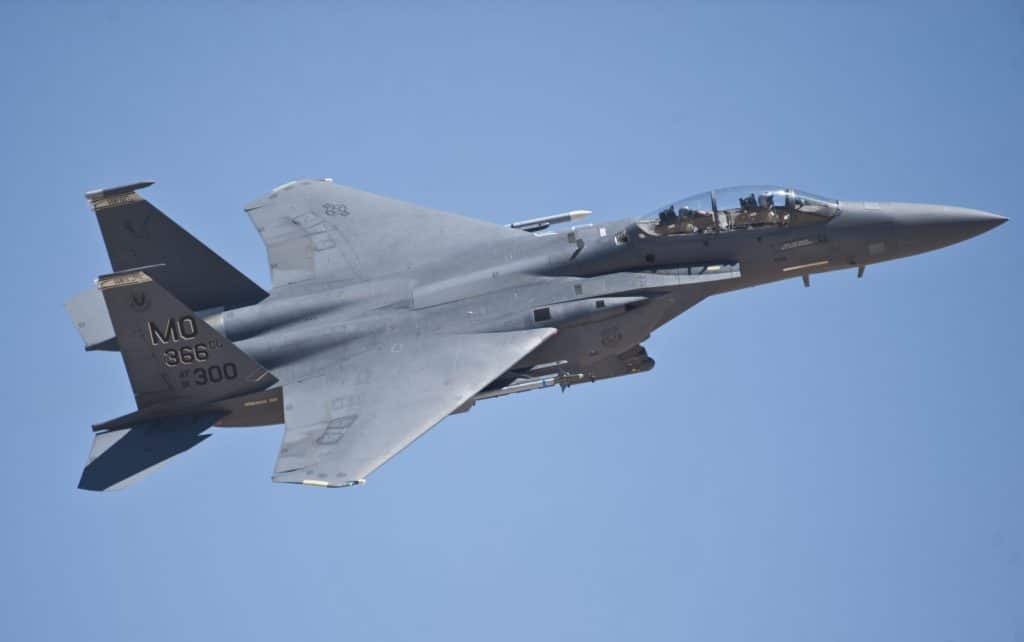The Airline Hiring Boom: A Perfect Storm of Circumstances

The airline pilot hiring boom is on! We are in the midst of the largest hiring cycle that the airline industry has seen since the 1960s, and it’s just getting started. The concept of a pilot shortage used to be the stuff of legend, a fanciful notion conjured up in the dark corners of internet forums. Now, the shortage is becoming a reality; airlines—especially the regionals—are starting to take notice.
Many regional airlines are now having to use career advancement promises and huge cash payouts to attract qualified applicants, a situation that would have been unthinkable even five years ago. How on earth did we get to this wonderland of pilot employment? There are five big reasons why the airline hiring boom is happening and, barring an unforeseen catastrophe, will likely continue into the future.
Worldwide Growth. Crazy Growth.
Worldwide, the aviation business is growing at an astounding rate. IATA predicts that the size of the worldwide passenger aircraft fleet will more than double in the next 20 years. In its 2016 Pilot and Technician Outlook, Boeing estimates that by 2035 more than 112,000 pilots will need to be hired in the U.S. to handle the increased capacity. The need is even more acute internationally; Boeing forecasts that 248,000 pilots will be needed in Asia and the Indian Subcontinent during the same period. This means that a total of 617,000 new pilots will be needed globally to fly the more than 39,000 new aircraft that will be delivered in the next 20 years.
While all of this means opportunities for active duty pilots looking to transition to civilian careers, the situation is seen as dire by airlines trying to grow their fleets and staff flights. The international demand places U.S. carriers in an extremely competitive hiring environment; many pilots are enticed to work as ex-patriots abroad, lured away to China, India and the Middle East by large compensation packages unmatched at home.
The Legacy of 9/11
It didn’t have to be this way. In the years of industry turmoil that followed the September 11th attacks, the airline industry in the U.S. contracted in size and underwent a period of consolidation. Not only did this temporarily reduce the pool of available jobs, but the turbulence dissuaded many people from pursuing careers as pilots.
The bankruptcies and consolidations resulted in harm being done to many pilots’ compensation and retirement packages. This created a climate where few people wanted to endure the slings and arrows of an airline job. People stopped training—they simply stopped learning how to fly. In a very real sense, the airlines got behind the power curve with respect to manning.
An Accident and Regulation
Prior to 2010, you could get a job with an airline legally if you could hold an FAA commercial pilot certificate. This only required 250 hours of flight time; regional airlines filled their ranks with recent college graduates eager for their first paying flying job.
That all changed following one very high profile accident. In February 2009, a Colgan Airlines Dash 8 Q400 crashed on approach to Buffalo, New York. The NTSB report revealed that the accident was caused by pilot error—that is to say, the Captain displayed exceptionally poor airmanship which resulted in the loss of 50 lives. In the aftermath, Congress began to focus on the regional airlines at large; specifically, attention turned to the low level of experience that many First Officers had in terms of their total flight time when they were hired.
Public pressure mounted on Congress to act, and act they did. Under the revised regulations, pilots now have to possess an airline transport pilot certificate (ATP) to be hired at an airline. This has essentially reset the minimum flight time required to 1,500 hours—that is, of course, unless you are coming from the military. Military pilots with 750 hours of flight time can hold a restricted ATP.








Responses